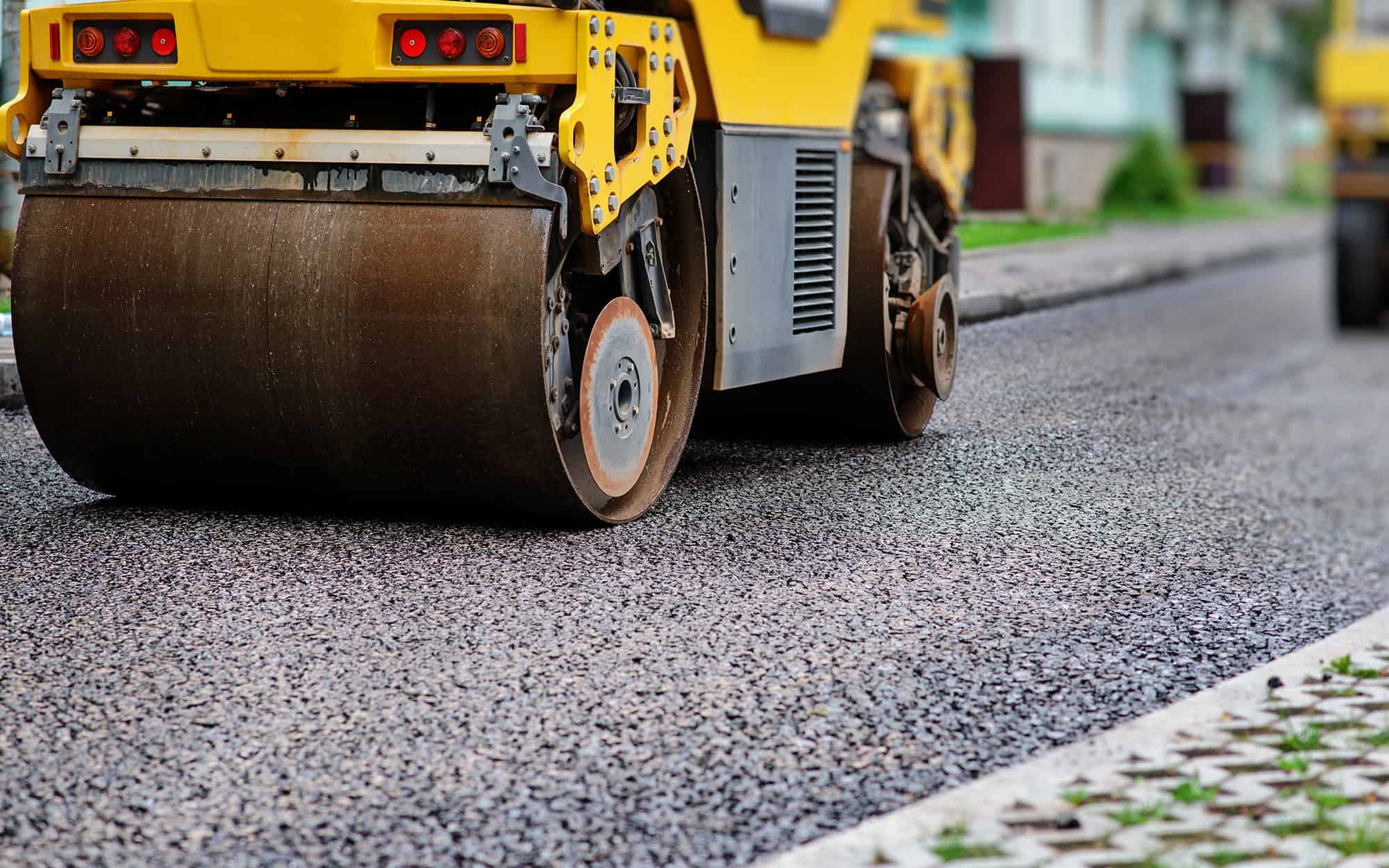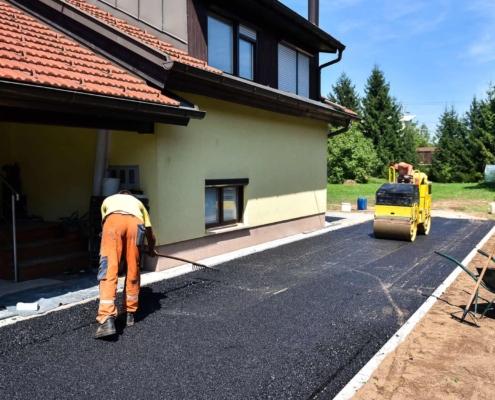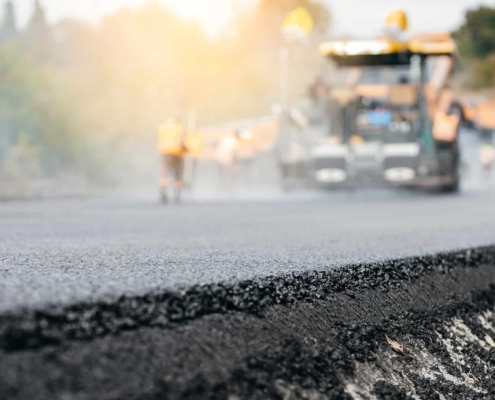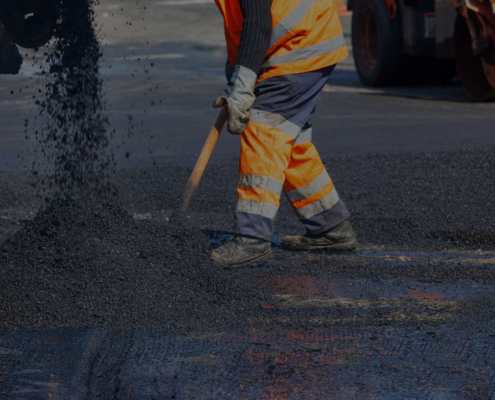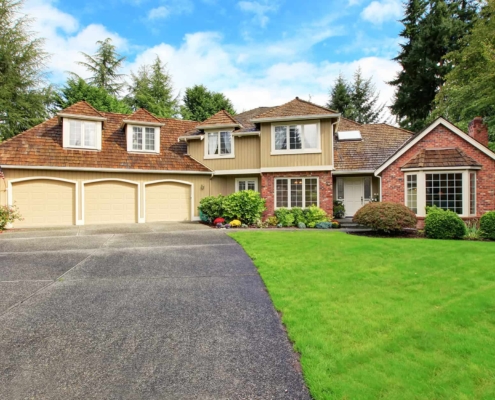Even though your driveway sits a few feet from your home, it can significantly influence how water moves around your property. If it doesn’t slope correctly, has deteriorated, or shows visible signs of cracking and settling, rainwater and melting snow can collect near your foundation, causing serious problems. Repeated exposure to moisture can slowly weaken the soil that supports your home, leading to shifts in the foundation and even water intrusion into your basement or crawlspace. Over time, this poor water flow can compromise your property’s overall structural integrity, lead to mold or mildew issues, and create costly repairs that may involve both the driveway and your home’s foundation if ignored.
Water Pooling and Soil Erosion
When driveways crack, settle unevenly, or lose their original slope, water stops flowing away from your house. Instead, it pools near the foundation, saturating the surrounding soil. This saturation weakens the soil’s ability to support your home, leading to erosion and unstable ground. In some cases, the excess water can also infiltrate your basement or crawlspace, causing moisture damage inside your home.
Pooling water can lead to:
- Shifting or bowing foundation walls
- Cracks in basement floors, garage floors, or walls
- Increased risk of mold growth, mildew, and water damage indoors
- Long-term weakening of structural support around your home
Maintaining proper driveway drainage is essential for protecting your home’s structure and avoiding thousands of dollars in potential foundation repairs later.

